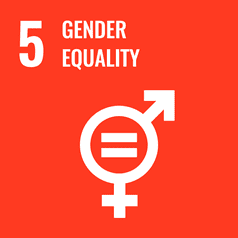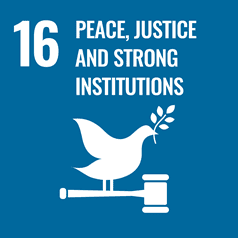Enabling access and equity in higher education
A new research project, led by University of Newcastle Associate Professor Anna Bennett, investigates programs and approaches which enable students from equity groups to gain access to – and succeed in – higher education.

Commissioned by the Australian Centre for Student Equity and Success (ACSES), the project evaluated the impact of various interventions to develop a Critical Interventions Framework Part 3 (CIF3).
The CIF 3 provides three major tools:
- an Equity Initiatives Impact Studies Guide, which provides an overview of the impact studies across the student life cycle stages
- an Equity Initiatives Framework 2.0 which is an update of the original framework produced as part of the Critical Interventions Framework Part 2 (Bennett et al., 2015); and
- an Equity Studies Library which provides information about the impact studies identified, as well as other useful literature which can be filtered by student life cycle, equity group, and other categories.
The insights and ideas provided in these resources aim to “inspire and stimulate ideas and continuous improvements for those funding, designing, developing, delivering and evaluating interventions.”
The research identifies several critical equity enablers across three stages: Pre-access, Access and Participation, and Attainment & Further Transition, including:
Partnerships and collaborations:
Strong university partnerships and collaborations with schools, vocational education and training (VET), and communities and industry are shown to work to redress the significant impacts of inequalities which exist within, and persist across, education systems and employment sectors.
Flexibility:
Flexibility in initiatives and learning design is required, including through high-quality and engaging online resources.
Inclusivity:
Inclusive design is essential in all programs, courses and pedagogy (including for employability). These need to be strengths-based and clearly value First Nations Australian knowledges. This is also important for enabling new knowledge to be produced (through research and innovation) in order to better serve all people’s needs.
Embedded academic and other support:
Academic and other support should be embedded within courses and programs of learning to ensure all students have the information, opportunity and assistance to succeed.
Financial support:
Financial support is effective for attracting and retaining students. Financial barriers and related impacts, such as having enough time to attend to study, appear to be the most consistently reported barrier to equity participation, progression and completion, particularly during the Access and Participation stages.
View the full report here.
Related news
- Partnering to prevent local extinction of threatened marsupial
- Launch of the School Students’ Statement on the Right to a Healthy Environment
- Funding boost to technology for lower emission steel
- Newcastle team on mission to improve childhood cancer outcomes
- Shanae’s passion for caring delivers her dream to work in health
The University of Newcastle acknowledges the traditional custodians of the lands within our footprint areas: Awabakal, Darkinjung, Biripai, Worimi, Wonnarua, and Eora Nations. We also pay respect to the wisdom of our Elders past and present.




